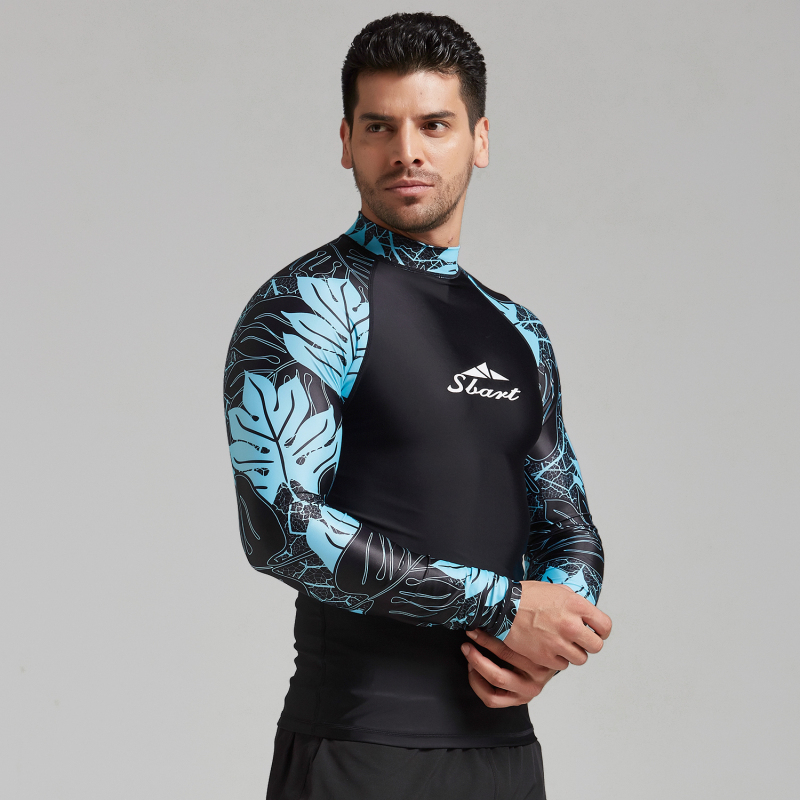How to Launch a Successful Water Sports Business
Starting a water sports business is an exciting venture that combines passion for aquatic activities with the opportunity to serve a growing market. To establish a thriving business, you need a well-thought-out plan that addresses market needs, operational logistics, and customer engagement. Here’s a comprehensive guide to help you start your water sports business:
1. Identify Your Niche and Target Market
The water sports industry encompasses a wide range of activities, including paddleboarding, kayaking, jet skiing, scuba diving, and more. Start by identifying your niche based on your expertise, resources, and the demand in your chosen location. Consider:
-
Family-friendly activities like paddleboarding and snorkeling.
-
Adventure-focused options like kiteboarding and wakeboarding.
-
Corporate or team-building water activities.
Define your target market, such as tourists, local enthusiasts, schools, or corporate groups. Research their preferences and spending habits to tailor your offerings effectively.
2. Choose the Perfect Location
Location is critical in the water sports business. Select a spot that offers easy access to water bodies and aligns with your chosen niche. Popular tourist destinations, beach towns, and scenic lakes are ideal. Assess factors such as:
-
Accessibility for your target audience.
-
Seasonal weather conditions.
-
Local regulations and permits.
3. Develop a Business Plan
A robust business plan is essential for securing funding and guiding your operations. Your plan should include:
-
A detailed description of your services.
-
Market analysis and competitive research.
-
Financial projections, including startup costs, operational expenses, and revenue streams.
-
Marketing strategies and customer acquisition plans.
4. Acquire Necessary Permits and Insurance
Water sports businesses are subject to strict regulations to ensure safety and environmental protection. Obtain the required permits and licenses for your activities. Additionally, invest in comprehensive insurance coverage to protect your business and customers from liabilities.
5. Invest in Quality Equipment and Facilities
Purchase reliable and high-quality equipment tailored to your activities. For example:
-
Paddleboards, kayaks, life vests, and wetsuits for paddleboarding or kayaking.
-
Scuba gear and safety equipment for diving services.
Maintain your equipment regularly to ensure customer safety and satisfaction. If feasible, establish a dedicated facility for rentals, bookings, and storage.
6. Hire Skilled and Certified Staff
Recruit experienced professionals who are certified in their respective activities, such as scuba diving instructors or lifeguards. Provide regular training to ensure safety, customer service excellence, and adherence to industry standards.
7. Leverage Marketing and Branding
Create a strong brand identity to stand out in a competitive market. Use a mix of digital and traditional marketing strategies:
-
Build an engaging, SEO-optimized website with detailed service descriptions and an online booking system.
-
Utilize social media platforms to showcase photos and videos of your activities.
-
Partner with local hotels, resorts, and travel agencies to reach tourists.
8. Emphasize Safety and Customer Experience
Safety is paramount in the water sports industry. Implement rigorous safety protocols, provide clear instructions, and offer quality gear. Focus on delivering memorable experiences by personalizing services, such as offering guided tours or photography packages.
9. Adopt Sustainable Practices
As environmental concerns grow, adopting eco-friendly practices can set your business apart. Initiatives could include:
-
Using biodegradable sunscreen and eco-friendly equipment.
-
Hosting community clean-up events.
-
Educating customers about marine conservation.
10. Monitor and Adapt
Regularly assess your business performance through customer feedback and financial analysis. Stay updated on industry trends and adapt your services to meet evolving customer needs and preferences.
Final Thoughts
Launching a water sports business requires passion, planning, and perseverance. By prioritizing safety, quality service, and sustainable practices, you can create a successful venture that not only generates profit but also fosters a love for water sports among your customers.
Related_News
-

How to Choose Durable Rash Guards for Your Fitness Brand: Ultimate Guide
-

Elevate Your Business with Customizable and High-Quality B2B Yoga Wear
-

Top 10 Rash Guards for Men, Women, and Kids in 2025: Featuring SBART’s Best Options for Water Sports
-

What to Wear to a Yoga Class: A Guide to Comfy and Functional Yoga Clothes Featuring SBART
-

Elevate Your Business with Customizable and High-Quality B2B Yoga Wear by SBART
SUBSCRIBE
INQUIRY





_y8CdRpHR.png)